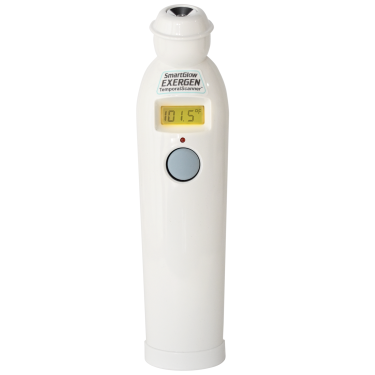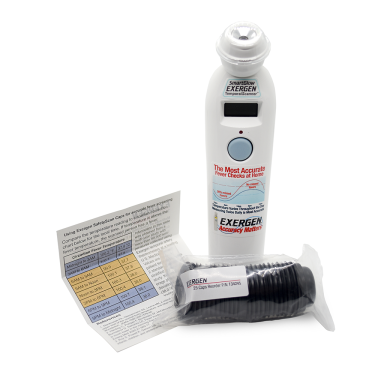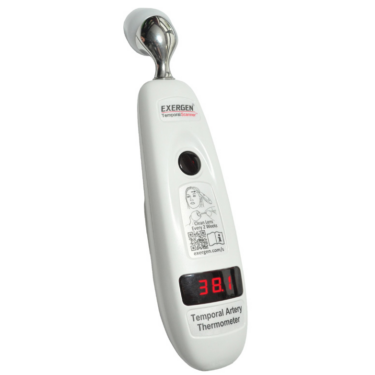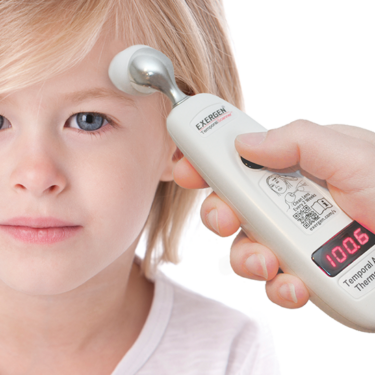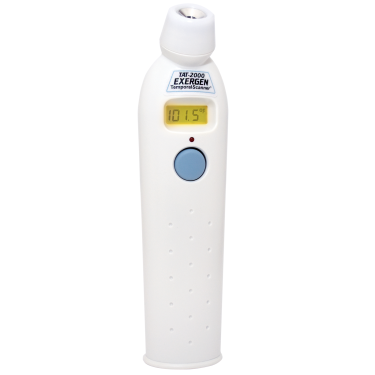World Sepsis Day is September 13, it was established by the Global Sepsis Alliance in 2012 to raise global awareness of sepsis. Sepsis is a life-threatening condition and is responsible for millions of deaths each year. This date is a global call to action for education, early detection, and timely treatment aiming to reduce sepsis-related mortality.
Sepsis originates from the Greek word σῆψις (sêpsis), which means “putrefaction,” “decay,” or “rotting” of organic matter. That sounds pretty scary. It was first used in a medical context by Hippocrates to describe the process of decomposition or infection causing tissue decay.
Sepsis is serious, it’s a body’s overactive and toxic response to an infection. This results in widespread inflammation and poor functioning of vital organs. As the infection spreads, it can progress into septic shock, a condition characterized by a drop in blood pressure that can damage organs like the lungs, kidneys, and liver.
Early intervention is crucial. The sooner treatment is started, the better the chances of recovery.
Sepsis Symptoms
Symptoms of sepsis overlap with other illnesses. They vary from person to person, and looks different in children compared to adults. Common symptoms include:
- Change in Mental Status: Confusion, disorientation, or difficulty staying awake.
- Fast, Shallow Breathing: Often one of the first signs of sepsis.
- Unexplained Sweating: If there’s no clear reason for heavy sweating
- Lightheadedness or Dizziness: Feeling faint or about to pass out can signal a drop in blood pressure.
- Fever: A high body temperature often accompanies sepsis. Using a thermometer like Exergen’s TempoTherm or TAT-2000C Temporal Artery Thermometer that is accurate, fast, reliable, non-invasive, and requires just a tender swipe across the forehead by gently touching it.
Know When to Seek Help
If you have any signs of an infection or a wound that’s not improving, it’s important to seek medical attention. Symptoms like confusion, rapid breathing, or a significant change in mental status and fever, are red flags that should prompt immediate attention. The faster you get treatment for sepsis, the better the outcome.
Sources,
- Global Sepsis Alliance, https://globalsepsisalliance.org/
- Sepsis Organization, https://www.sepsis.org/sepsis-basics/what-is-sepsis/
- Sepsis World Alliance, https://www.sepsis.org/sepsis-basics/what-is-sepsis/
Exergen P/N 850524
